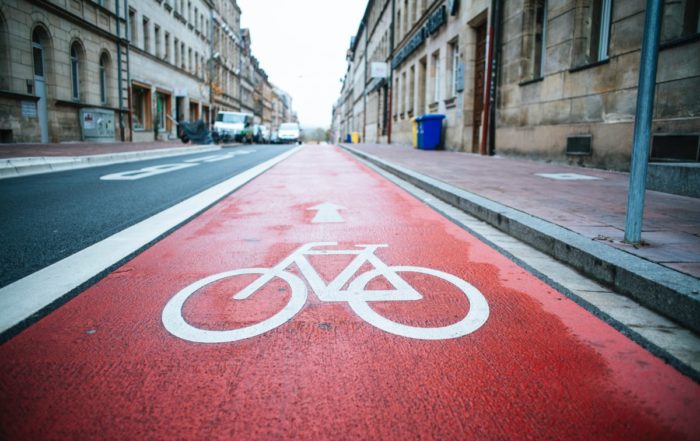Social and private values are also often factors that are not properly addressed in models and concepts of transport appraisal
Interview with Chris Nash
During COVID, he explained, we saw a massive shift to people working at home and conducting meetings online. This led to overall reduced travel demands but also had travel related positive side effects as the situation promoted changes to other travel mode, as bike and foot, for the purposes of commuting. However, to a large extend these mode changes were at the expense of public transport use which went down to less than 20% during the pandemic. For the nearer future he is expecting a restoration of the former travel demands to 80 %, since people will get back to much more face to face presence for private, business and organizational needs. He is concerned that the values of “safety” (valid or not) may now lead to an increase in motorized car travel.
“People don’t want to go back quickly to the normal crowding in public transport. This could lead either to a permanent big reduction in public transport workload or otherwise will have to be compensated by an increase of capacity or frequency of public transport which in turn would cause much higher costs for society and the environment, a situation he calls a “complete disaster at the environmental front”
We then discussed the role and influence of other social values for travel behaviour. He explained, that prior to COVID there were already signs that lifestyle changes and its associated values influenced peoples traffic related choices as for instance car ownership. In future, companies that provide mobility as a service offers may take more important roles to provide mobility solutions to cover the needs related to such values. On the other hand, social and private values are also often factors that are not properly addressed in models and concepts of transport appraisal. Although the quality of transport appraisal methods has increased, for instance because values like reliability or crowding can be included now, other aspects, as the impact of transport changes on well-being or altruistic elements in mobility decisions are mostly neglected and often are also still difficult to measure. Additionally, the lack to incorporate social aims and values in the equation of mobility often stems from the problem of not taking arising externalities into account in pricing / investment / regulation decisions.
Interviewed by Jens Schade & Lisa-Marie Schaefer, TU Dresden
Related content
Low volume, high frequency
Low volume, high frequency Interview with [...]
If behaviours change, systems change
If behaviours change, systems change Interview with [...]
The concept of sustainability is connected with happiness
The concept of sustainability is connected [...]
What we need is a positive narrative or frame for a future healthy living
What we need is a positive [...]
As for the future we need a more balanced thinking
As for the future, we need [...]
COVID_19 as an opportunity to learn what we might lose or gain from a life with less mobility
COVID_19 as an opportunity to learn [...]







